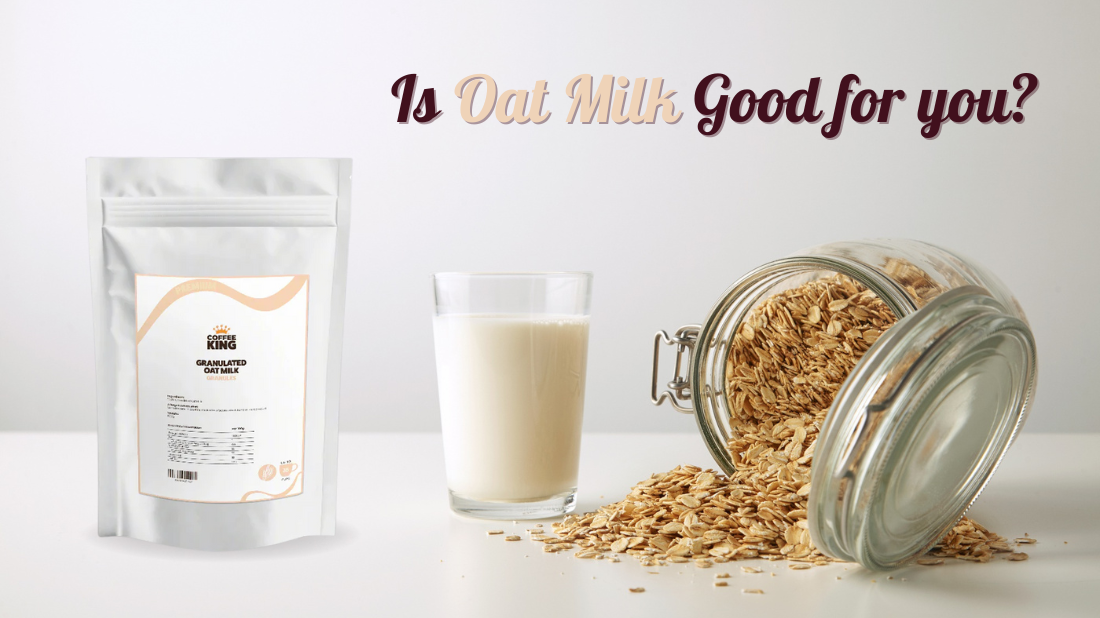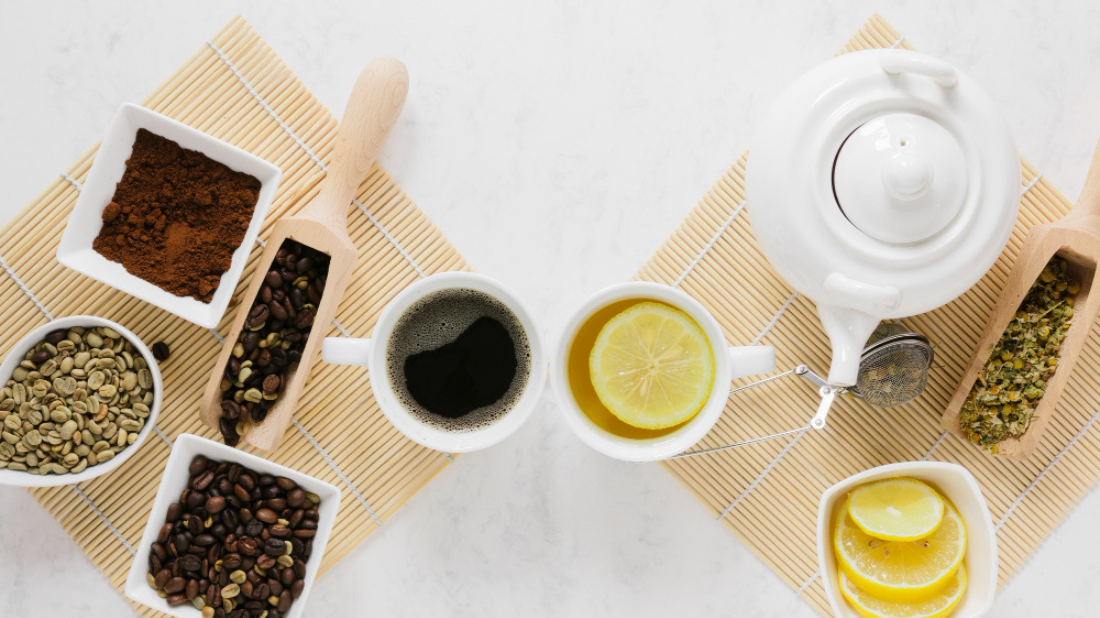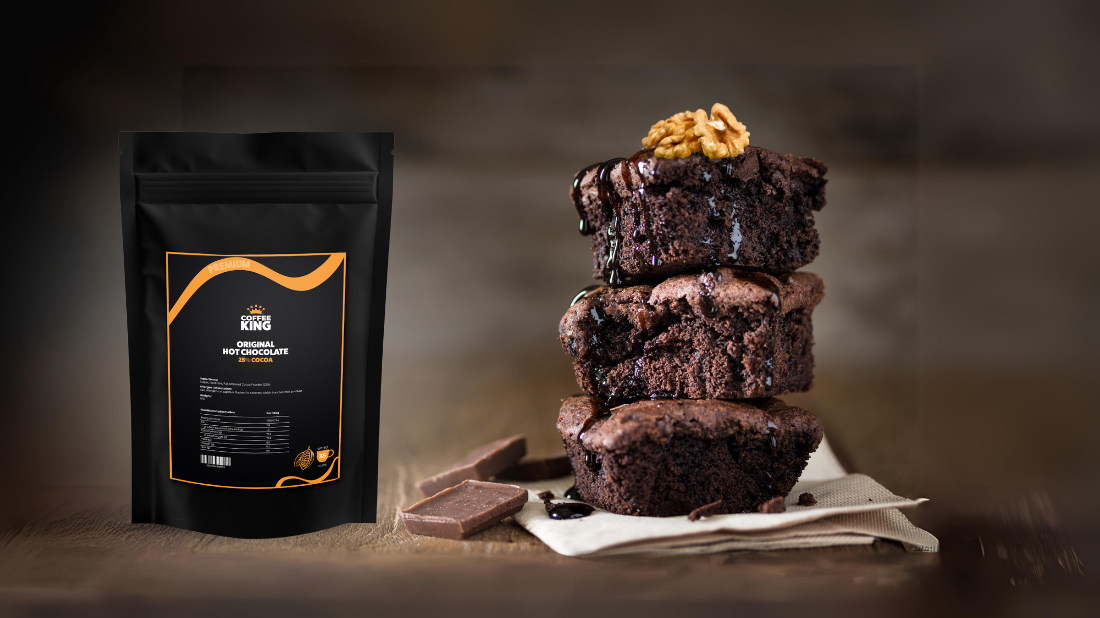Oat milk has quickly become one of the most popular plant-based milk alternatives, praised for its creamy texture and versatility. Completely vegan and naturally free from dairy, lactose, soy, and nuts, oat milk is a fantastic option for those with food allergies or intolerances.
With its rising popularity, oat milk is now readily available in supermarkets and online stores. If you prefer a personal touch, it’s also simple to make at home, allowing you to customise it to your taste.
The Rise of Oat Milk and Its Impact on Health and the Environment
Recent studies show that nearly a quarter of Brits believe plant-based milk is healthier than cow’s milk. Furthermore, half of the population agrees that choosing plant-based options like oat milk over animal-based dairy has a positive impact on the environment.
How is Oat Milk Made?
Making oat milk at home is surprisingly easy, cost-effective, and allows you to avoid any unwanted additives.
Quick and Easy Homemade Oat Milk Recipe
Here’s a simple way to make oat milk in just a few minutes:
- Blend 80 grams of rolled or steel-cut oats with 720 ml of cold water for 30 seconds.
- Strain the mixture through a cheesecloth over a wide-mouth jar to separate the liquid from the oats.
- Squeeze the cheesecloth gently to release any remaining milk into the jar.
If making your own oat milk isn’t for you, there are plenty of high-quality brands available in stores to suit every preference and dietary need.
Oat Milk vs. Cow’s Milk: Which Is Better?
Nutritional Comparison
Oat milk is often fortified with calcium, vitamin D, and B vitamins like B12, making it excellent for bone health and energy production. It is also rich in fibre and contains beta-glucan, a type of soluble fibre that can help lower cholesterol levels and support heart health.
On the other hand, cow’s milk is a natural source of protein, calcium, vitamin B12, and iodine. It also contains magnesium, which supports muscle and bone development. However, cow’s milk is higher in fat, especially whole milk, which could contribute to weight gain if consumed in excess. Skimmed milk offers a lower-fat alternative for those concerned about calories.
Who Should Avoid Oat Milk?
While oat milk is packed with nutrients, it’s not suitable for everyone. People with coeliac disease or gluten intolerance need to ensure their oat milk is certified gluten-free, as some oats are processed on shared equipment, risking contamination.
What Are the Health Benefits of Oat Milk?
Oat milk offers numerous health benefits, making it a great dairy-free option:
- Vegan and Allergy-Friendly: Naturally free from lactose, soy, and nuts, oat milk is an inclusive choice for those with dietary restrictions.
- Supports Heart Health: High in beta-glucan, a fibre known to lower cholesterol, oat milk helps maintain a healthy heart. One cup can provide up to 1.2 grams of beta-glucan.
- Bone Health: Fortified oat milk is rich in calcium and vitamin D, essential for strong bones.
- Digestive Health: The fibre content in oat milk supports a healthy digestive system.
Potential Downsides
While oat milk is generally healthy, some varieties contain added sugars or sweeteners, so it’s best to choose unsweetened options. Additionally, oat milk can be more expensive than cow’s milk, which might be a consideration for budget-conscious consumers.
Should You Switch to Oat Milk?
Oat milk is a delicious, versatile, and nutrient-rich dairy-free alternative that supports heart, bone, and digestive health. Whether you’re looking for a vegan milk option or want to reduce your environmental impact, oat milk is a fantastic choice. However, it’s essential to check for gluten-free certifications if you’re intolerant and opt for unsweetened versions for maximum health benefits.








